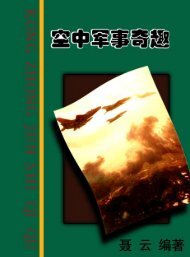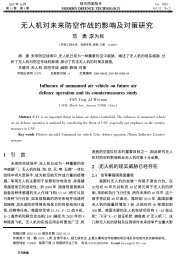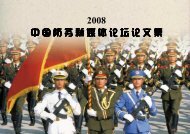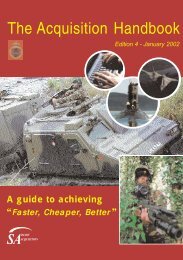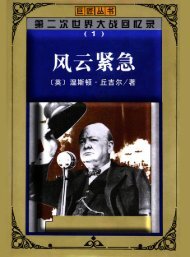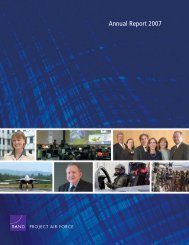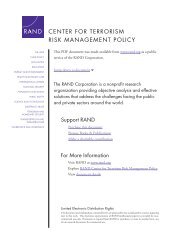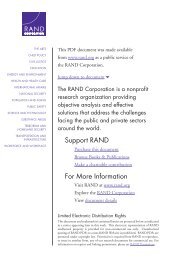How Terrorist Groups End - RAND Corporation
How Terrorist Groups End - RAND Corporation
How Terrorist Groups End - RAND Corporation
You also want an ePaper? Increase the reach of your titles
YUMPU automatically turns print PDFs into web optimized ePapers that Google loves.
Policing and Japan’s Aum Shinrikyo 55<br />
unusually strong protection from government intrusion. 31 This law was<br />
a reaction to the harsh suppression of religious freedom by Japan’s military<br />
government before World War II. 32 The Japanese police, like the<br />
government bureaucracy, exercised caution in handling complaints<br />
against official religious groups. Aum was permitted—like all other<br />
registered religious bodies—to own properties and buildings for worship<br />
and religious activities, as well as operate various business enterprises<br />
to support the organization’s religious aims. A basic assumption<br />
behind the law was that registered religious organizations contribute to<br />
the public good (kōeki). Consequently, they were permitted to engage in<br />
economic activities to support their religious work and public-welfare<br />
activities (kōeki jigyō). 33<br />
Following the subway attacks, however, the Japanese government<br />
passed a series of laws that were retroactively applied to Aum Shinrikyo.<br />
For instance, the governor of Tokyo and public prosecutors at the<br />
Tokyo District Public Prosecutor’s Office filed suit against Aum Shinrikyo<br />
in the Tokyo district court on June 30, calling for the group’s<br />
forced breakup under the Religion <strong>Corporation</strong> Law. The Tokyo district<br />
court sided with the city and ordered Aum Shinrikyo’s breakup<br />
on October 30. 34 According to the court, there was clear evidence that<br />
the leaders of Aum had been involved in numerous illegal and violent<br />
acts and no longer qualified as a religious corporation. The court concluded<br />
that it was an organization working against the public good<br />
and should not enjoy the favorable treatment accorded such corporations.<br />
35 Aum Shinrikyo immediately appealed the decision through the<br />
Tokyo high court on November 2. <strong>How</strong>ever, its appeal was dismissed<br />
on December 19, and the cult’s religious status was officially revoked. 36<br />
Legally, this did not prevent Aum Shinrikyo members from practicing<br />
31 Pangi (2002, pp. 422–423).<br />
32 D. W. Bracket, Holy Terror: Armageddon in Tokyo, New York: Weatherhill, 1996, p. 13.<br />
33 Mullins (2001, p. 72).<br />
34 NPA (1996, p. 23); Pangi (2002, p. 438).<br />
35 Mullins (2001, p. 73).<br />
36 NPA (1996, p. 23); Pangi (2002, p. 438).



